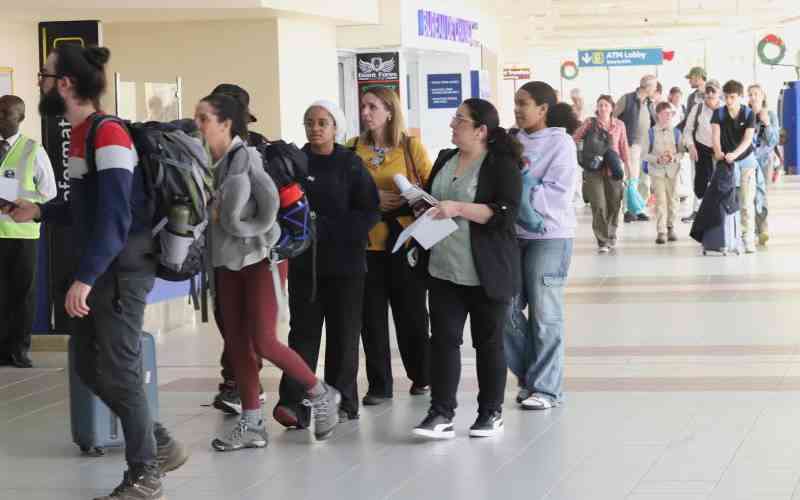
One of President Ruto's greatest gifts is the ability to translate rhetoric into meaningful action. But it is also his Achilles' heel particularly when such action appears to be counterintuitive. Take, for instance, the replacement of visas granted to foreign visitors with the Electronic Travel Authorisation (ETA).
A visa is an official document issued by a government and endorsed on a traveller's passport. It enables the traveller to enter the country that issues it legally for a specific time and purpose. But visa requirements, because of their onerous nature, have been blamed for restricting travel and trade. The African Continental Free Trade Area proposes removal of multiple restrictions, including visas, to promote intra-African travel and trade.